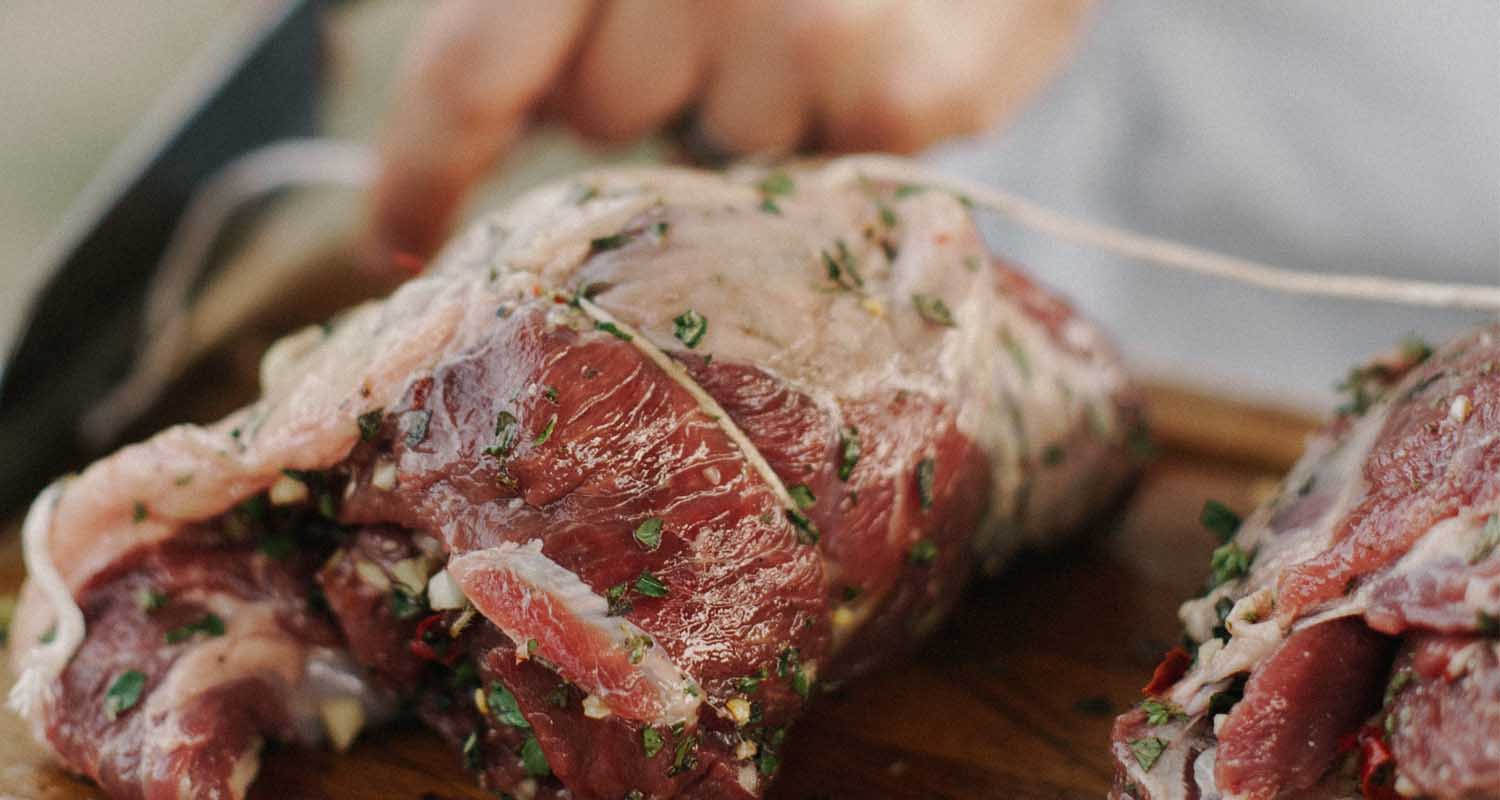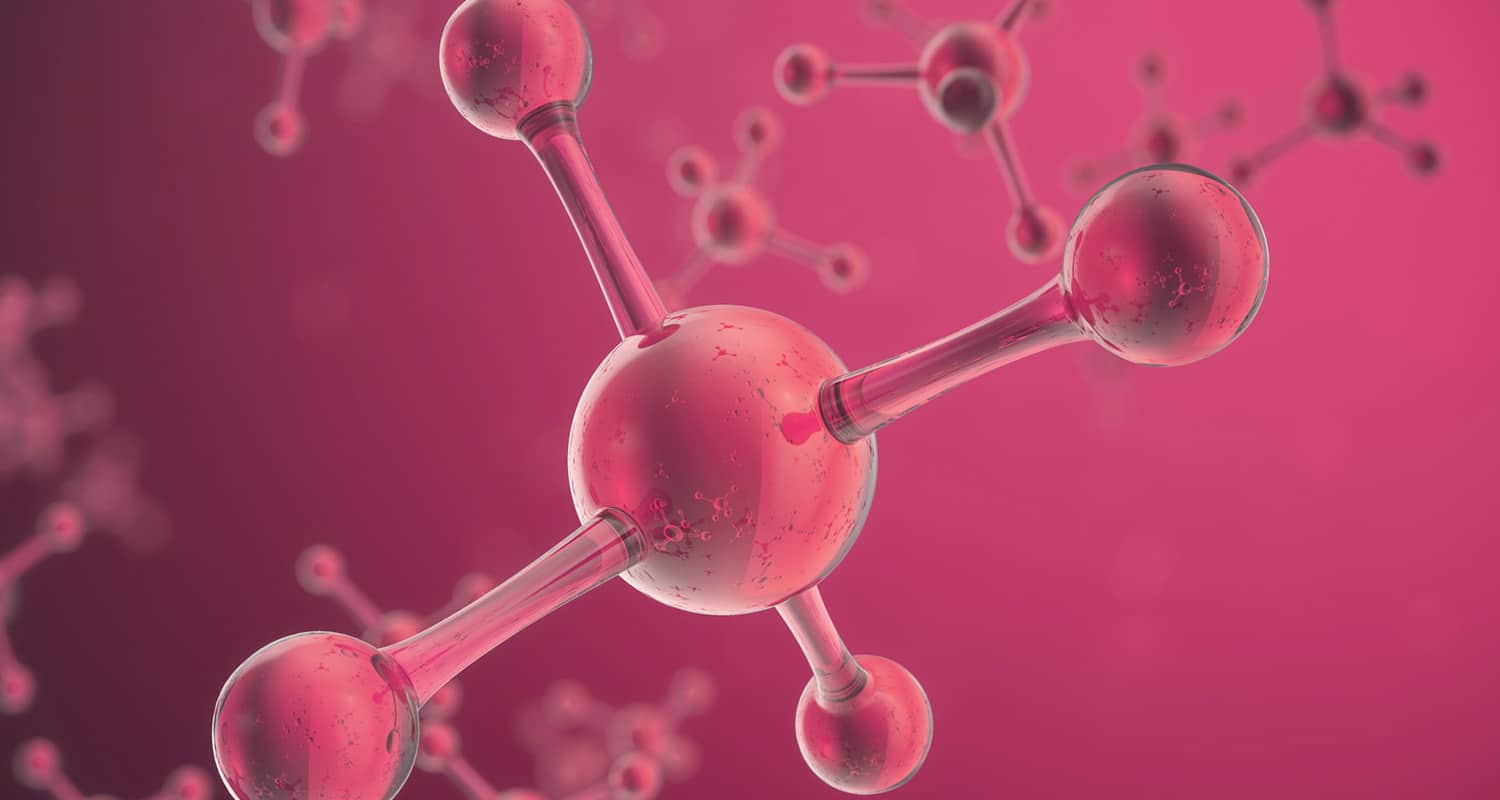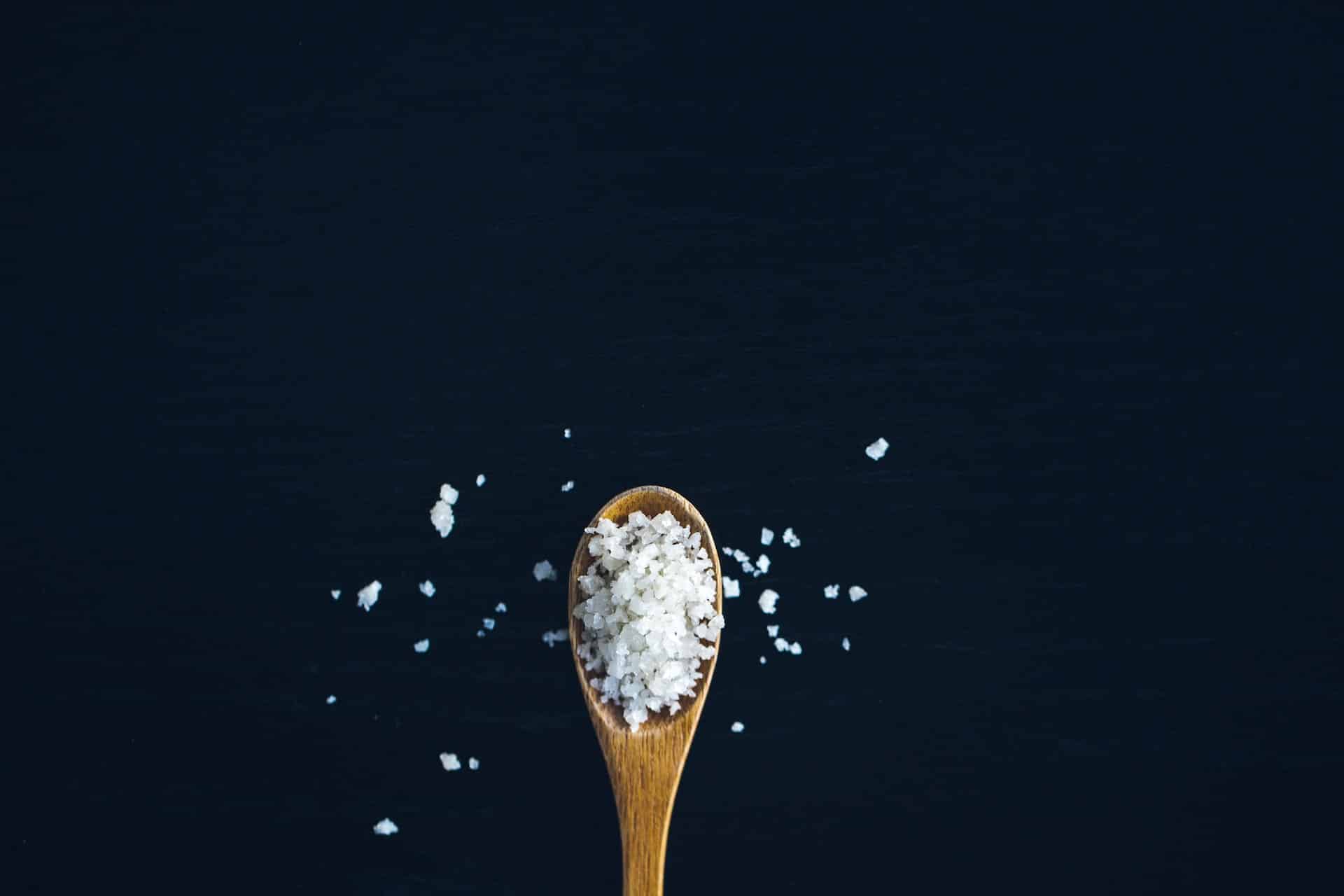
When it comes to your food, quality matters. When it comes to meat, it’s even more important to avoid poor quality, conventionally raised meat. Animals raised on low-quality feed and pumped with antibiotics and hormones will harm your performance and your long-term health.
Meat from healthy, pasture-raised animals, on the other hand, offer key nutrients and clean protein that power your body, help build muscle, bone, and other tissues, plus so much more. You don’t have to avoid meat altogether to avoid the toxins associated with it.
Why you should eat meat
Humans are meant to eat high-quality, nutrient-dense meat. Period. And avoiding animal products can lead to deficiencies in key nutrients.
Of course, with supplementation and a lot of planning, you can stay healthy on a vegetarian diet, but including the right kinds of animal protein can support muscle growth and maintenance, boost your immune system, help keep you feeling full, and play a role in brain health and tissue repair.
However, there is a right and a wrong way to eat meat, which we’ll cover in this article. First, let’s look at a couple of reasons meat is important for a Bulletproof diet:
- Protein is key to tissue repair, immune support, fat loss, and even neurotransmitter production
- Meat is a “complete” protein, meaning it contains all essential and non-essential amino acids
- High-quality meat can contain essential vitamins, minerals, and fatty acids
- Meat is delicious
Can you eat too much protein?
Too much of any protein source can be bad for you in excess. Eating too much protein, especially along with a poor overall diet, can damage your cells, impair your cognitive performance, and decrease your longevity.
Related: What is Bulletproof Protein Fasting?
When you eat too much protein, your body becomes overwhelmed by the task of digesting it. Unlike high-quality fats, which burn efficiently in your cells, your body will try to oxidize the excess protein in your liver. This produces several major toxins that can decrease your performance and damage your health.
The other issue with protein is how we cook it. Heating protein at high temperatures can cause high levels of things called advanced glycation end products (AGEs). These are as bad as they sound, increasing oxidative stress and inflammation, which are the root of modern diseases like cardiovascular disease and diabetes.[ref url=”https://www.ncbi.nlm.nih.gov/pmc/articles/PMC3704564/”]
This post will show you how toxins in meat are formed, what they do to your body, and how to avoid them; all while getting enough protein to support optimal health and performance. Let’s examine our first bad guy…
4-Hydroxynonenal (HNE)
This is actually a derivative of oxidized omega-6 fats found in all of your cells. In small amounts, HNE is actually good for your cells. However, too much can cause serious problems. It’s been linked to chronic inflammation and various diseases including diabetes, cancer, atherosclerosis, and cognitive decline.[ref url=”http://www.ncbi.nlm.nih.gov/pubmed/12893006″] Incidentally, this is one reason the Bulletproof Diet also recommends very low omega-6 fat intake.
Problems occur when you consume too much protein. With an excess of protein, your body is put into a state of inflammation, which drastically increases the fat oxidation in your cells. This tips your body’s production of HNE into the red zone and overwhelms your cells’ detox pathways. It’s double jeopardy when that protein is red meat from soy and corn-fed animals, which is inconveniently wrapped in extra omega-6 oils. Yuck.
Cook your meat slow and low
You can also absorb excess HNE from food. Almost all meat has some omega-6’s, and if you overcook it, you produce a ton of HNE toxins. These toxins are absorbed into your tissues and cause all of the problems listed above. In fact, for most people, overcooked meat is an even greater source of HNE than consuming too much protein.
Yet again, this is a reason the Bulletproof Diet recommends carefully cooked meat prepared at lower temperatures. It’s also one reason most studies on meat consumption and health are woefully inadequate – they fail to consider how the meat is cooked, not to mention the quality of the meat.
Malondialdehyde (MDA)
Malondialdehyde is very similar to HNE, in that it’s also produced from the oxidation of fats both inside and outside your cells. Like HNE, MDA damages your DNA and your mitochondria.[ref url=”http://www.ncbi.nlm.nih.gov/sites/entrez?db=pubmed&list_uids=10064852&cmd=Retrieve&indexed=google”] Overcooking the fat in meat also produces MDA.[ref url=”http://www.ncbi.nlm.nih.gov/pmc/articles/PMC2582674/”]
Acrolein
When you heat the fats in meat at high temperatures, the glycerol in the fat breaks down into acrolein. Acrolein is another major toxin that is so volatile; it can even irritate the ears, nose, and eyes on contact. It’s also a potent carcinogen and mutagen, which cause damage to your mitochondrial DNA. There is evidence that acrolein is one of the most carcinogenic compounds in cigarettes.[ref url=”http://www.ncbi.nlm.nih.gov/pubmed/17030796″] We use it industrially at 10 parts per million to kill weeds and algae.
Glyoxal
Glyoxal is a form of advanced glycation end product that comes from cooking protein and bad ftas at high temperatures.[ref url=”http://blog.cholesterol-and-health.com/2011/10/where-do-most-ages-come-from-o.html”]. Glyoxal is another potent carcinogen that interrupts cellular signaling and damages your mitochondria. It’s often found in overcooked meat and oils and is easily absorbed from your food.
Can toxins in meat damage your performance?
All of these toxins are different, but they share a few common mechanisms that can derail your health and performance. They all damage your mitochondria and deplete your glutathione levels.
Your mitochondria are the power plants of your cells, and they’re essential for cognitive function, maintaining muscle mass, and generally supporting in a state of high performance. When your mitochondria are damaged, your cells don’t process oxygen as efficiently and don’t metabolize fats or sugars as well.
When your cells aren’t able to process oxygen efficiently or don’t have enough oxygen, they switch from oxidation to glycolysis, which is far less efficient. This process also produces lactic acid, which places stress on your liver. This can kick-start a dangerous cycle where toxins damage your cells, which decreases liver function, which impairs your ability to remove toxins.
These toxins deplete your body of glutathione, which can place another stressor on your liver, and makes this cycle even worse. Glutathione depletion also decreases your cognitive performance, as you need glutathione to shield your brain from inflammatory agents and other toxins.
These are some of the reasons I recommend breathing exercises and supplemental glutathione.
How to avoid toxins in meat
HNE, MDA, acrolein, and glyoxal are toxins produced from either eating a bad overall diet, too much protein (even the good kinds), and overcooked proteins and meats. Here are three steps to countering these problems:
- Clean up your diet. The Bulletproof Diet minimizes your intake of polyunsaturated fats, oxidized fats, denatured proteins, and other toxins that cause inflammation, which makes more of these toxins.
- Eat more fat. Follow the macronutrient guidelines from the Bulletproof Diet and aim for around 60-80% of your calories from high-quality fats and oils.
- Include a protein fast. Protein fasting is choosing one day per week to limit your protein to 15 grams or less. To keep you full and energized, consume a cup of protein-free Bulletproof Coffee in the morning and have near-zero protein, tons of healthy fat, and moderate carbs throughout the day. Limiting protein one day per week can drastically reduce inflammation and help you lose weight.
- Cook your food correctly. This is the trickiest part of this process, but as a general recommendation, cook your foods on moderate to low heat for shorter periods of time, erring on the side of less rather than more. However, the right cooking methods really vary for almost every meat. This is why I wrote The Bulletproof Cookbook, a recipe book that teaches you exactly how to prepare your food for optimal performance and health. Including antioxidant spices is a great idea too.
How to eat protein for performance
High-quality grass-fed meat and other clean proteins are a part (up to 20%) of the Bulletproof Diet, but consuming too much or the wrong kinds can produce several powerful toxins that damage your performance. Even vegan processed junk like seitan (wheat gluten), tofurkey, and soy burgers will form the same protein and fat toxins.
The main source of these toxins for most Bulletproof practitioners is overcooked meat and animal products, which is why it’s so crucial to use the right cooking methods. The Bulletproof Diet Cookbook shows you how to cook your food to keep toxin production to a minimum. It also comes with shopping lists, and a diagram of the diet so you have everything you need all in one place.
READ NEXT: How to Find Your Ideal Protein Intake












